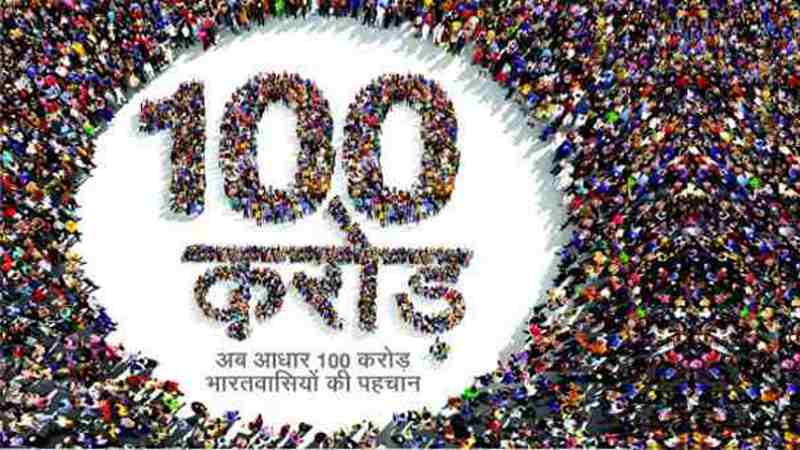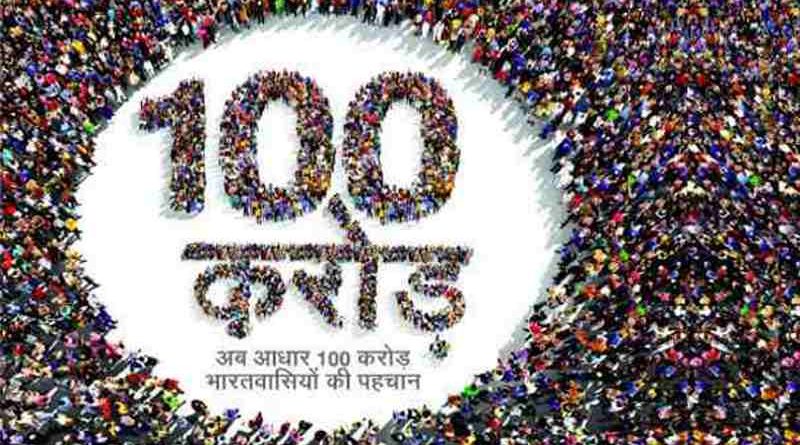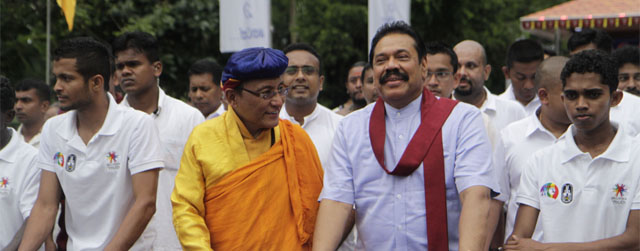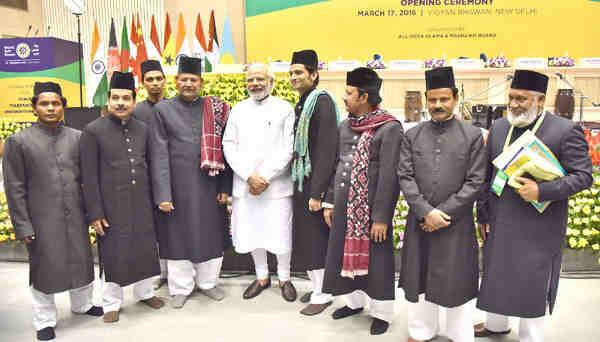No Deadline for Linking Aadhaar with Mobile and Bank Account

The Supreme Court should not allow Aadhaar linking with any other service and Aadhaar should only be an optional identity for people of India.
By Rakesh Raman
Giving a major relief to the citizens, the Supreme Court of India today extended the March 31 deadline for an indefinite period for mandatory linking of Aadhaar with mobile phones and bank accounts.
The mobile consumers were receiving threatening messages from mobile service providers asking them to link their mobile phones with Aadhaar number by March 31.
Similarly, under pressure from the Indian government headed by Prime Minister Narendra Modi, the banks were demanding the Aadhaar details even from those customers who had already submitted the Aadhaar documents.
[ Democracy 2.0: Aadhaar Data May be Used for Voting Frauds in India ]
However, a five-judge Constitution bench headed by Chief Justice Dipak Misra today removed the March 31 deadline and did not fix any new date for linking the biometric identifier with all services and welfare schemes.
Aadhaar is a 12-digit individual identification number issued by the Unique Identification Authority of India (UIDAI) on behalf of the Government of India. This number serves as a proof of identity and address, anywhere in India.
It is largely believed that the Modi government has been trying to impose Aadhaar on the people of India in order to control all their personal data. It is also said that the government wants to use Aadhaar for winning elections unscrupulously.
[ Read: How to Use Aadhaar and EVMs to Win Elections in India ]
Of late, the Chief Election Commissioner (CEC) of India Om Prakash Rawat has been quoted as saying that he prefers a connectivity between Indian citizens’ Aadhaar numbers and voters’ identity.
The Election Commission, which is totally under the control of Modi government, is petitioning the Supreme Court for linking Aadhaar and voter ID cards.
Rawat, a retired bureaucrat, believes that biometric data in Aadhaar should confirm the identity of voters before they use the electronic voting machine (EVM) to cast their vote.
He, however, does not want Aadhaar data integrated into EVMs, suggesting that EVMs must remain standalone machines with no connection to any other device or to the Internet.
[ Voting Machines Even with VVPAT May Not be Safe in India ]
But Rawat’s strange suggestion that Aadhaar cards should be linked with voters’ identity lends credence to the fact that the combination of Aadhaar and EVMs can be used for voting frauds in India.
Although the ruling party BJP of Modi is in favor of EVMs, the opposition parties have raised serious doubts about the security of these machines.
Major political parties in India have repeatedly complained about the vulnerability of EVMs. It is also being observed that when EVMs malfunction, they vote only in favor of Modi’s BJP which runs with Lotus election symbol.
Now Aadhaar is adding fuel to the fire as Modi government – through UIDAI – is forcing Indians to use Aadhaar. Although the Aadhaar issue is being debated in the Supreme Court of India, the decision is not expected to go in citizens’ favor. The less said about the Indian courts, the better.
Although Rawat suggested that there should not be any connectivity between Aadhaar and EVM through Internet, the possibility of such a digital handshake cannot be ruled out. With Aadhaar-EVM connectivity, millions of votes can be collected unscrupulously for a particular party.
So, the Supreme Court should not allow Aadhaar linking with any other service and Aadhaar should only be an optional identity for people of India.
By Rakesh Raman, who is a national award-winning journalist and social activist. Besides working at senior editorial positions with leading media companies, he was writing an exclusive edit-page tech business column (named Technophile) regularly for The Financial Express (a daily business newspaper of The Indian Express Group).
Earlier, he had been associated with the United Nations (UN) through United Nations Industrial Development Organization (UNIDO) as a digital media expert to help businesses use technology for brand marketing and business development. He is also the founder of the NGO – RMN Foundation.





